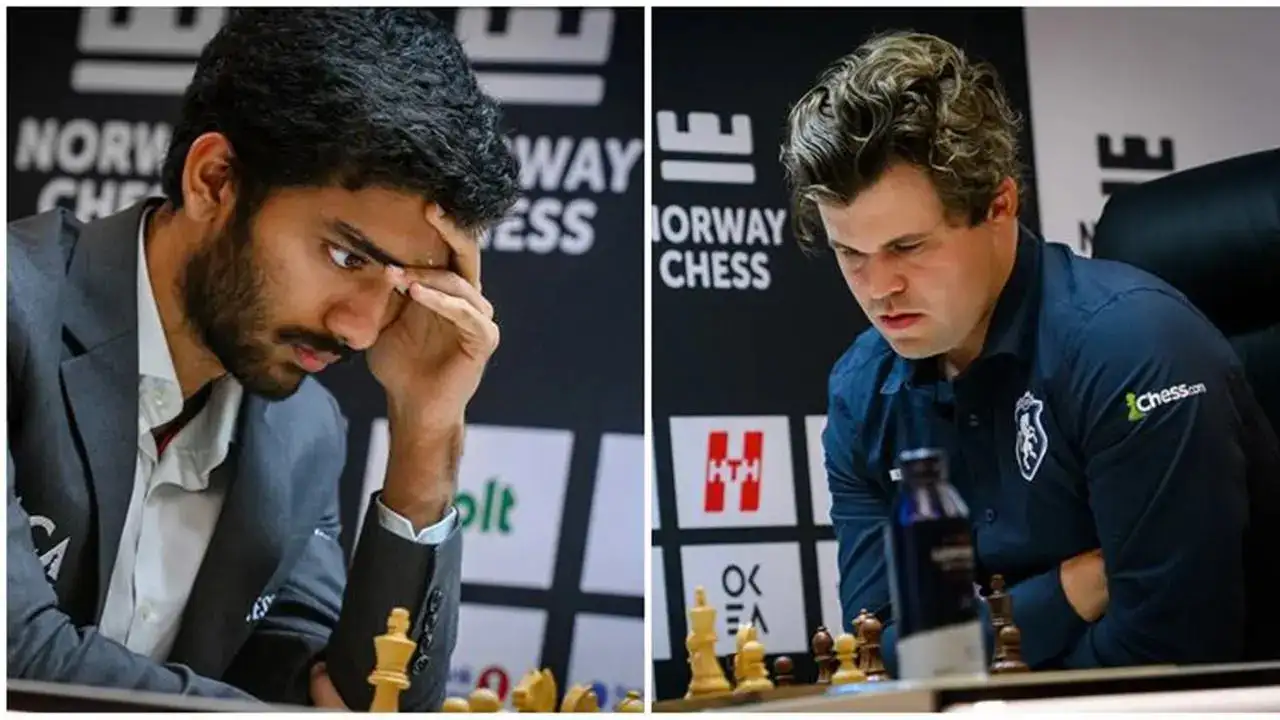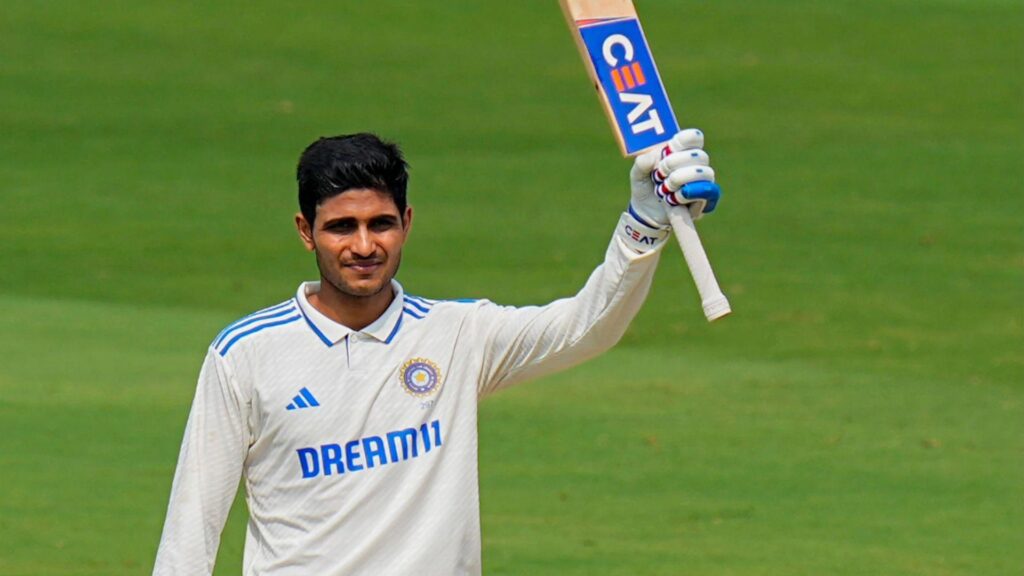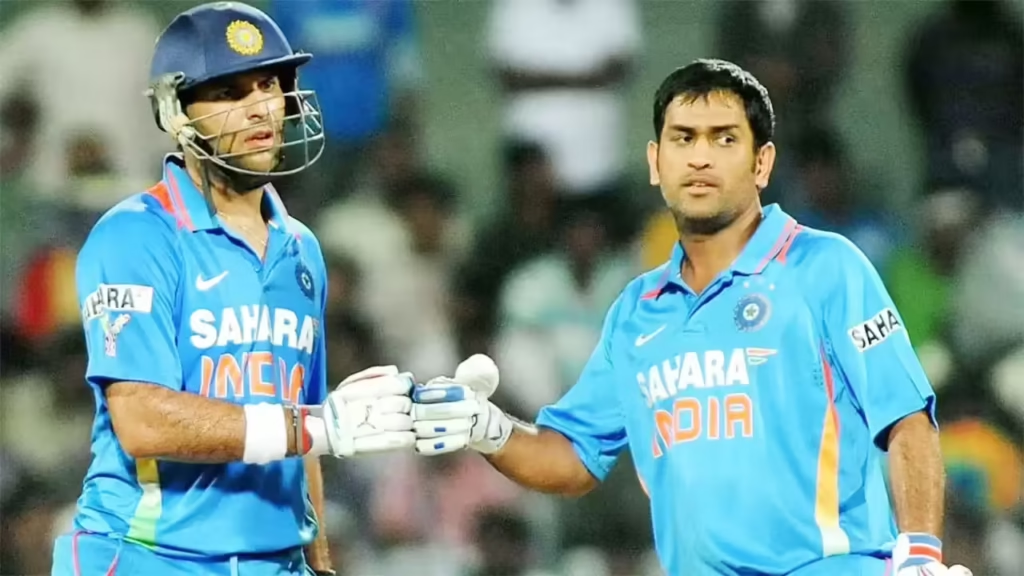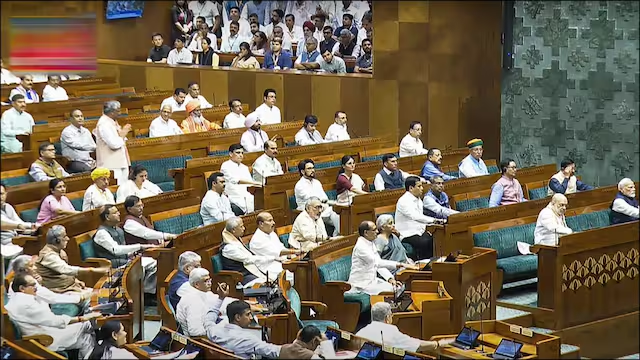Now Reading: Viswanathan Anand Questions Magnus Carlsen’s Outburst After Loss to Gukesh
-
01
Viswanathan Anand Questions Magnus Carlsen’s Outburst After Loss to Gukesh
Viswanathan Anand Questions Magnus Carlsen’s Outburst After Loss to Gukesh

A moment of frustration from chess grandmaster Magnus Carlsen has sparked debate across the global chess community. After losing to India’s 18-year-old prodigy D Gukesh in a high-stakes match, Carlsen was seen slamming the table—a gesture that didn’t sit well with Indian legend Viswanathan Anand. Speaking on the incident, Anand questioned the need for such an emotional reaction, especially in a game known for its discipline and composure.
What Led to the Controversy
During the ongoing Global Chess League, Gukesh secured a crucial win over Carlsen, continuing his rise as one of India’s most promising chess talents. While the match was celebrated for Gukesh’s brilliant strategy, the post-game moment caught more attention—Carlsen visibly upset, hit the table before walking away.
For fans watching live, the gesture felt uncharacteristic of the usually composed world champion.
Anand’s Take: “There Was No Point Doing It”
Speaking on the sidelines of the event, Anand expressed disappointment at Carlsen’s reaction. He said there was no clear reason for such behaviour and emphasised that chess, unlike other sports, is built on patience, grace, and respect between players—win or lose.
While Anand didn’t outright condemn Carlsen, his comments made it clear that he sees the moment as unnecessary and possibly disrespectful, especially when facing a young player like Gukesh.
The Gukesh Effect: A Rising Star Under Pressure
Gukesh’s win wasn’t just another game—it symbolised a shift. Beating Carlsen is no small feat, and for a teenager from Chennai to pull it off at this level shows how Indian chess is evolving fast. With more players emerging from Tier 2 cities, Gukesh represents a new wave of talent that’s no longer intimidated by legacy names.
His calm response to both the victory and Carlsen’s reaction has also earned praise. He didn’t gloat, didn’t react—just moved on to the next game.
Sportsmanship vs Frustration: The Bigger Debate
Carlsen’s outburst has reopened conversations around sportsmanship in mental sports. While physical sports often see emotional reactions, chess traditionally holds its players to a higher standard of decorum.
Many online users have called the gesture unnecessary, while others defend it as a natural response from a competitive player under pressure. But with cameras everywhere, public behaviour—even in defeat—now carries more weight than ever before.
Conclusion: A Win, A Slam, and A Reminder
Gukesh’s win is a milestone for Indian chess. Carlsen’s reaction, while human, serves as a reminder that every move—on or off the board—is being watched and judged. Viswanathan Anand’s words underline an important message: greatness in chess isn’t just about winning—it’s also about how you lose.
As India continues to rise in the global chess scene, moments like this will shape not just games, but the culture of the sport itself.

























